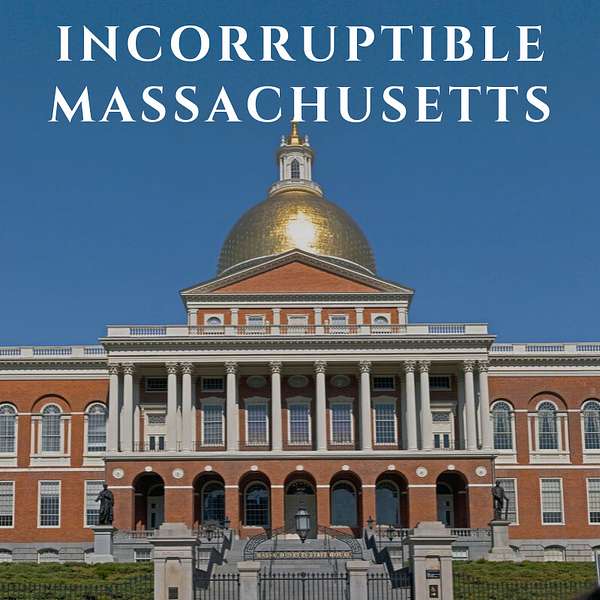
Incorruptible Mass
Incorruptible Mass
Representative Mike Connolly: Housing for All
You can read a full transcript here.
Hi, this is Anna Callahan and you’re listening to Incorruptible Massachusetts. Our goal is to help people understand state politics: we’re investigating why it’s so broken, imagining what we could have here in MA if we fixed it, and reporting on how you can get involved.
Today I’m interviewing Representative Mike Connolly.
Mike Connolly is the State Rep from the 26th Middlesex District, representing parts of Cambridge and Somerville, and has been serving in the legislature since 2017. Rep. Connolly has been most active in areas of housing policy, having introduced a comprehensive Housing For All legislative agenda earlier this year, including legislation to repeal the statewide ban on rent control. He also has been active in supporting organized labor, calling for a Green New Deal, and advocating for new, progressive revenue to fund big investments in transportation and education.
At the beginning of this episode, Mike says, “it’s good to be on the program.” You’ll hear me laugh, because this is before I thought this would be a podcast — that idea was still forming, and Mike Connolly was gracious enough to have a nice long chat with me about progressive politics. You’ll also have to excuse the audio quality, which is not quite as good as in the other episodes after I got some better equipment.
Mike gets into some real details about what it’s like to be a state legislator. And he says something really telling about Massachusetts state politics: that our legislators are progressive as long as wealthy individuals and big businesses are not impacted. Did you know that MA ranks 6th in billionaires per capita? This, I suspect, is the real reason why we have such concentration of power in the Speaker of the House — it’s a lot easier for these billionaires to buy out a small number of politicians, one speaker and a few cronies, than to spend on every one of 160 elections every two years.
Without further ado, here’s our interview.